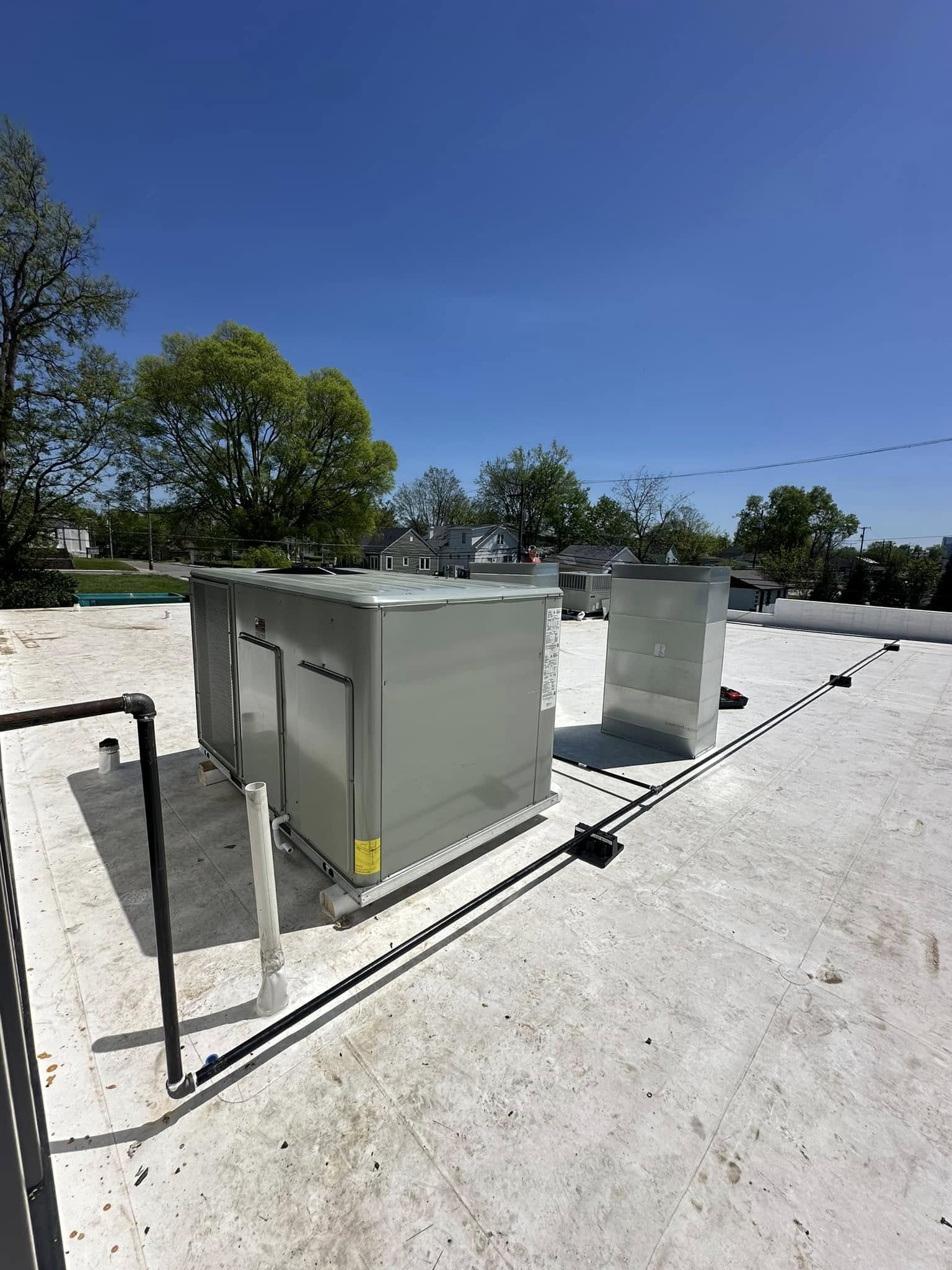
Understanding SEER Ratings: Choosing the Best HVAC System for Your Needs Oct 04, 2025
When you first hear SEER ratings, you might wonder why they matter. Simply put, the SEER rating measures how efficiently your air conditioning system operates over a typical cooling season. The higher the SEER rating, the more energy-efficient the system is. A higher efficiency means lower utility bills, which is a significant factor to consider when selecting your HVAC system.
The average SEER rating for air conditioning units produced today ranges from 13 to 21. Systems with SEER ratings closer to the high end of this spectrum are considered to be more energy-efficient. However, choosing an HVAC system with a high SEER rating is an investment. While more efficient systems may have higher upfront costs, they also promise more savings on energy bills over time. It's important to balance initial costs with long-term savings when choosing the best SEER rating for your home.
Consider your local climate when determining what SEER rating is appropriate for you. In warmer climates, where air conditioning is used more frequently, investing in a system with a higher SEER rating can lead to substantial long-term savings. Conversely, in cooler climates, it might make sense to opt for a system with a lower SEER rating, keeping the installation costs in check.
Your current energy usage and future plans are equally crucial. With some insight into your annual energy consumption, Bolen HVAC can help you calculate potential savings from reduced energy bills. If you plan on being in your home long-term, investing in a unit with a higher SEER rating could be beneficial. On the other hand, if you're considering moving in a few years, a unit with a moderate SEER rating may make more fiscal sense.
Another factor to contemplate is the overall size of your system. It's possible to have a unit that's either too big or too small. Both scenarios can cause inefficiencies. An oversized system might turn on and off too frequently, leading to increased wear and tear, while an undersized system undertakes too much burden, resulting in higher operational costs. Here at Bolen HVAC, we suggest conducting a proper load calculation to ensure the correct system size for your home, which directly influences energy efficiency ratings.
In conclusion, understanding SEER ratings is integral to selecting the best HVAC system for your needs. By evaluating your climate, energy usage, and long-term plans, you can make a well-informed decision that ensures comfort and efficiency. At Bolen HVAC, we’re committed to helping you navigate these choices with ease. Our experts can provide recommendations tailored to your unique requirements, ensuring your system selection aligns with your energy-conservation goals and budget.
Remember, a well-informed choice today promises comfort and savings tomorrow. Allow Bolen HVAC to guide you through this crucial decision-making process. With our assistance, you can enjoy a comfortable, energy-efficient home that won’t break the bank.
/filters:no_upscale()/media/98623c96-866d-4dae-a69f-dd8c9d73a777.jpg)
/filters:no_upscale()/filters:format(webp)/media/a1805e2b-6bae-4fd4-8259-8c370f1b9a90.jpg)